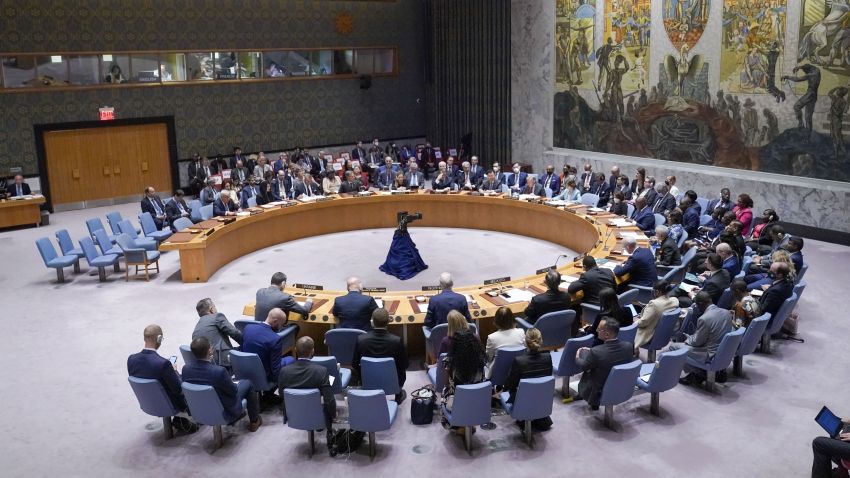Standing before the United Nations General Assembly last week, U.S. President Joe Biden called for reforming the U.N. Security Council, the body tasked with “the maintenance of international peace and security.” Biden’s reasoning was clear, noting that “the time has come for this institution to become more inclusive so that it can better respond to the needs of today’s world.” More precisely, Biden wants to expand the Security Council from its current 15 members, and expand the number of permanent seats from its current five, comprising the U.S., the U.K., France, China and Russia.
The U.S. has supported Security Council reform for decades, backing efforts by close allies, like Germany and Japan, to receive permanent seats on the council. Indeed, Japanese Prime Minister Fumio Kishida expressed support for Biden’s proposal. But the immediate reason for Biden’s call is Russia’s invasion of Ukraine, and more particularly Moscow’s unsurprising veto of resolutions condemning the invasion. Indeed, the inability of the Security Council to take action on the war, both to condemn Russia and aid Ukraine, led Ukrainian President Volodymyr Zelenskyy to challenge the body in April to “dissolve itself altogether.”
Even if all U.N. members agree that these reforms are necessary or desirable—and such a consensus is not evident—key questions would still remain. How many seats would be added to the council, and who should become the permanent members? In addition to Japan and Germany—which, incidentally, would be the fourth European country on the council—the list of potential candidates includes India, Brazil, Mexico, South Africa and Nigeria, to name just a few. Would they, like the original permanent five members, be granted a veto on any resolution before the Security Council?

